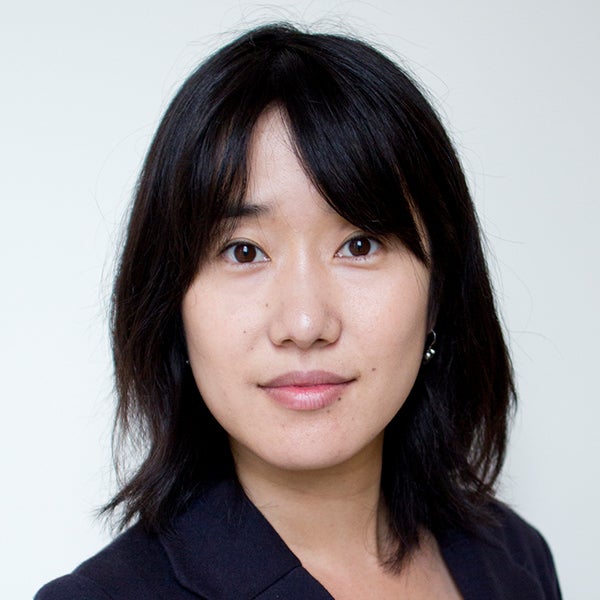Forget the mood ring. Akane Sano has a far better idea.
The Rice University electrical and computer engineer is developing software to detect and predict emotional stress in people through data from wearable and mobile technologies and provide safe and personalized feedback to manage and enhance emotion. She has received a prestigious National Science Foundation CAREER Award to pursue that goal.
CAREER grants are awarded each year to fewer than 400 early career scientists and engineers who are expected to make significant impacts in their fields of study. The five-year, $550,000 award will bolster Sano’s ongoing development of algorithms to interpret the growing deluge of data about one’s personal health from wearable and Internet of Things technologies.
According to Sano’s proposal, technology is already capable of gathering moment-to-moment physiological, behavioral, social and environmental data on the mobility patterns, sleep and central and peripheral nervous system activity of people, all without disrupting their daily routines.
Those capabilities promise new ways to detect and predict emotional stress and provide feedback to users to help them manage their mental states.
“We want to develop a system that adaptively collects and analyzes data from wearables and also from mobile phones with self-reported emotions and clinical assessments to help understand people’s personalized behaviors and physiological responses,” said Sano, an assistant professor at the Brown School of Engineering’s Department of Electrical and Computer Engineering.
“We have developed and tested some machine-learning models, but they have to evolve because our behaviors and physiology are always changing,” she said. “We’re also developing a feedback system to safely guide users to improve their mental health.”
Ethical issues will be a critical part of her research. “We have to think about where and how we gather private data,” Sano said. “How can we use this type of technology for social good and to prevent misuse? We will need to evaluate our technology in different stakeholders and diverse populations.
“That’s why privacy and ethics are important to us, and why ethical artificial intelligence is already part of my graduate class,” she added.
Sano noted her lab is already working with psychiatrists and psychologists to advance data analysis and feedback delivery for mental health care. “I also have collaborations with people at the Texas Medical Center to see how we can interpret this kind of data from each individual and leverage it for personalized medicine in other fields,” she said.
Sano said it will also be important to know when to turn stress sensors off. “Technology is useful, but we probably shouldn’t rely too much on it,” she said. “I mean, we can learn something from it, but eventually, we want to be independent from it.”
Sano joined Rice in 2018 after earning bachelor’s and master’s degrees at Keio University in Japan and her doctorate at the Massachusetts Institute of Technology. She won a Sony Faculty Innovation Award and a Microsoft Pandemic Preparedness Award (with Fred Oswald, the Herbert S. Autrey Chair in Social Sciences) in 2020.

